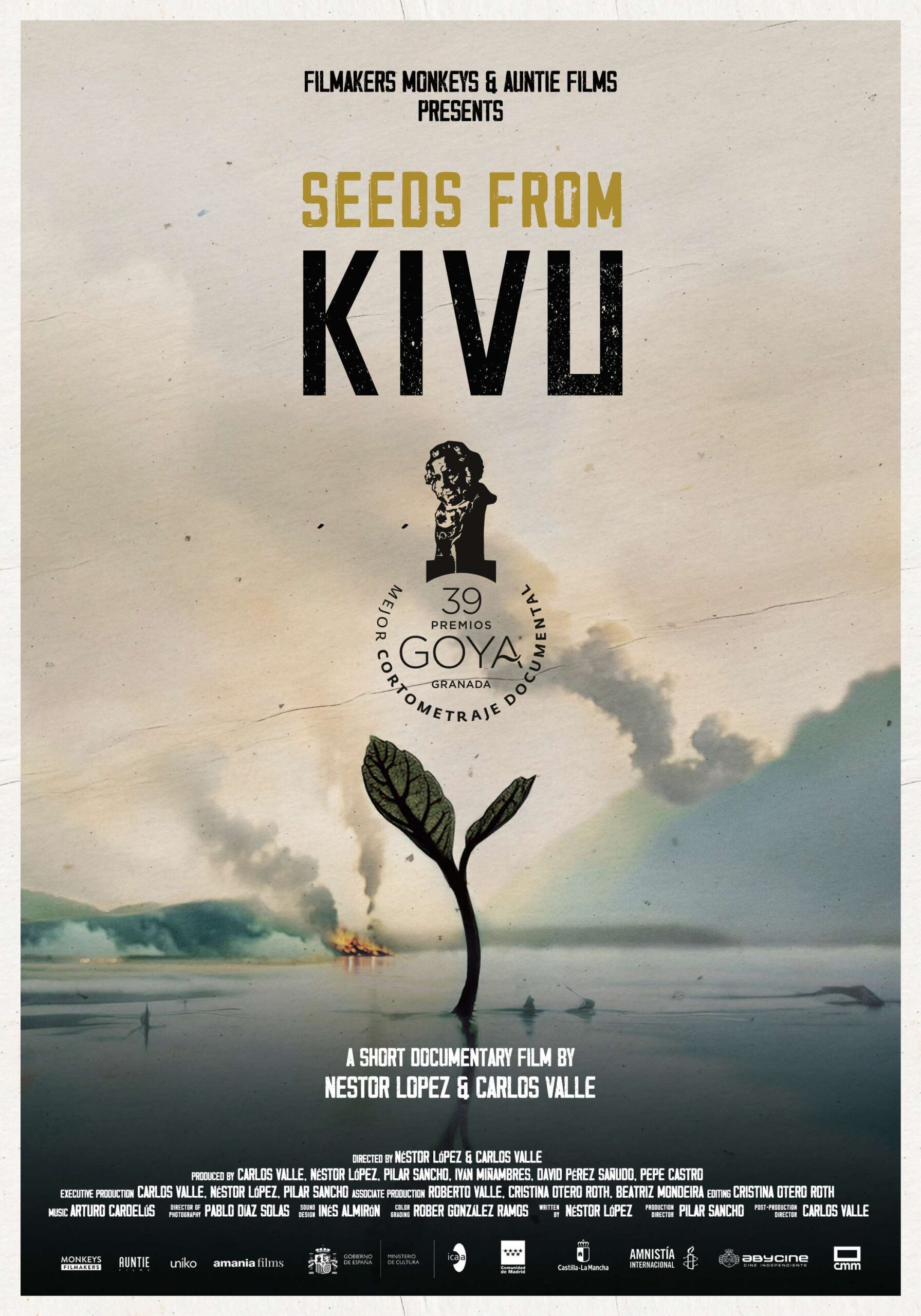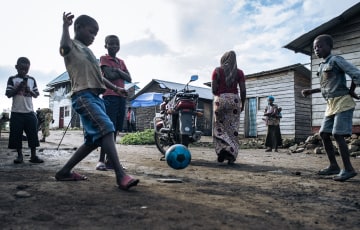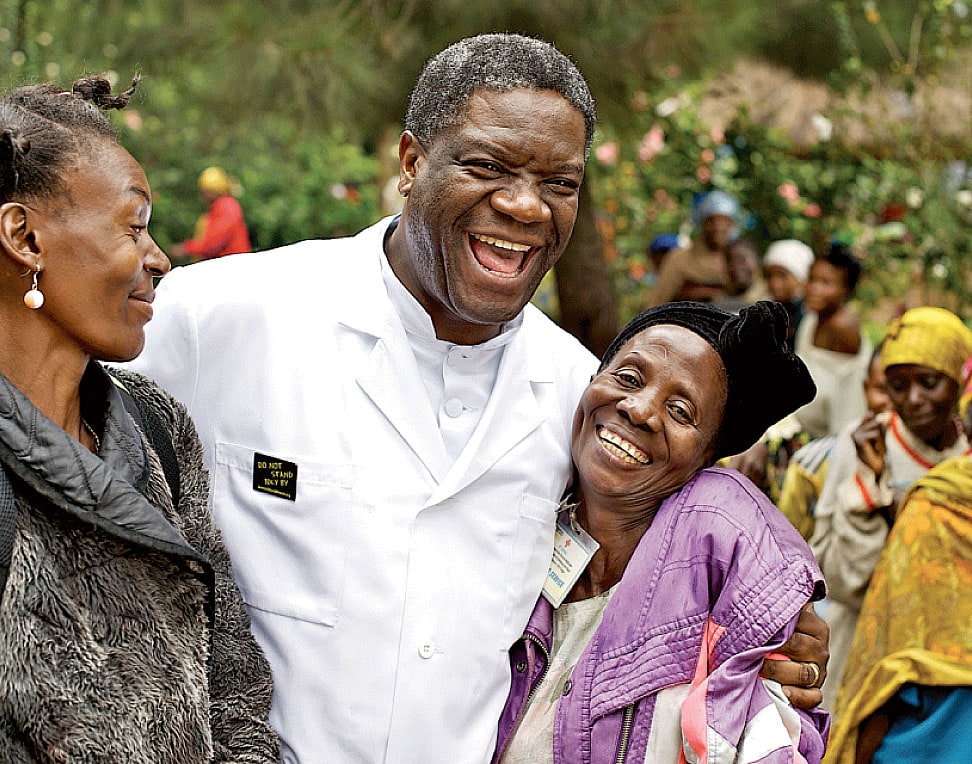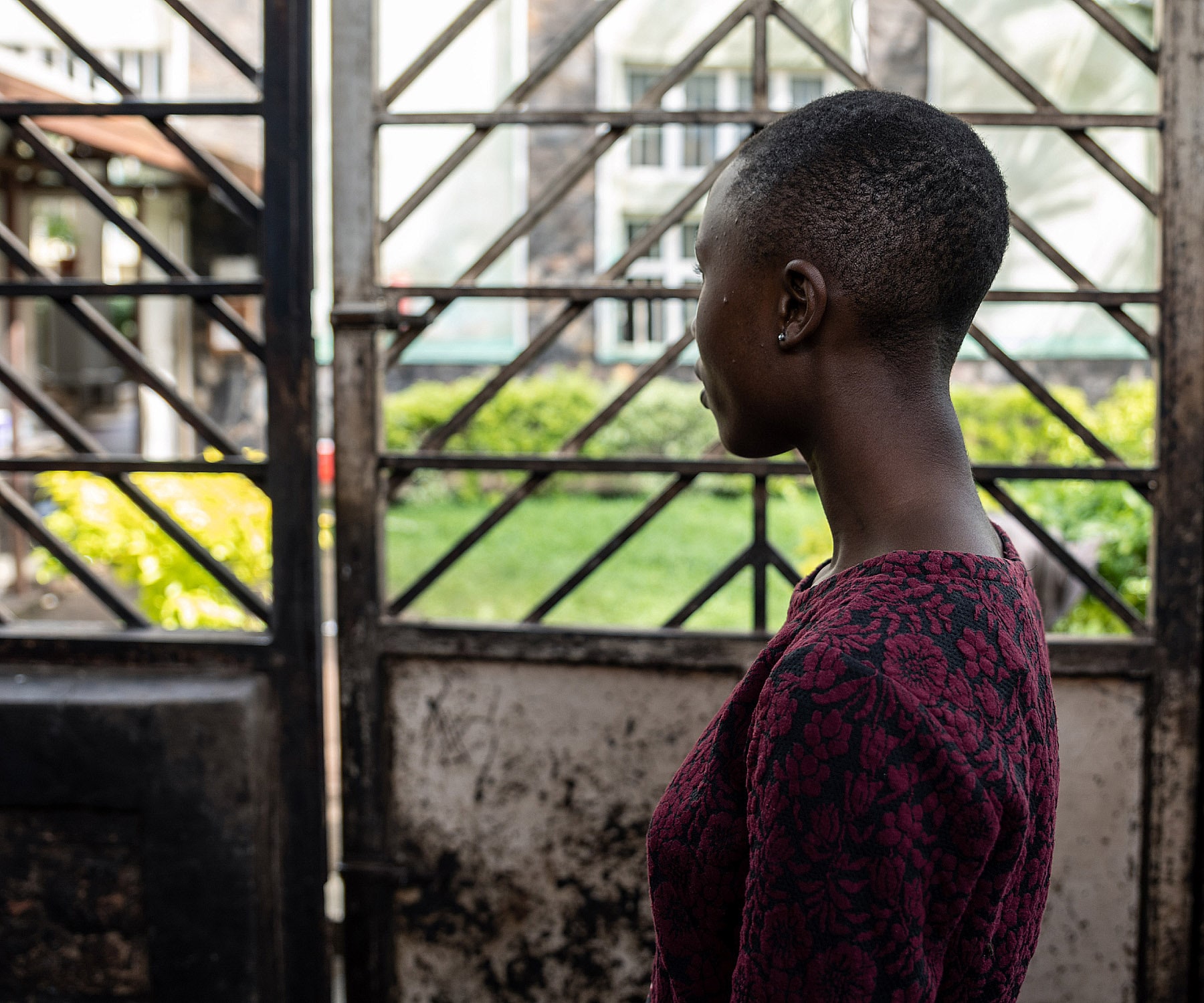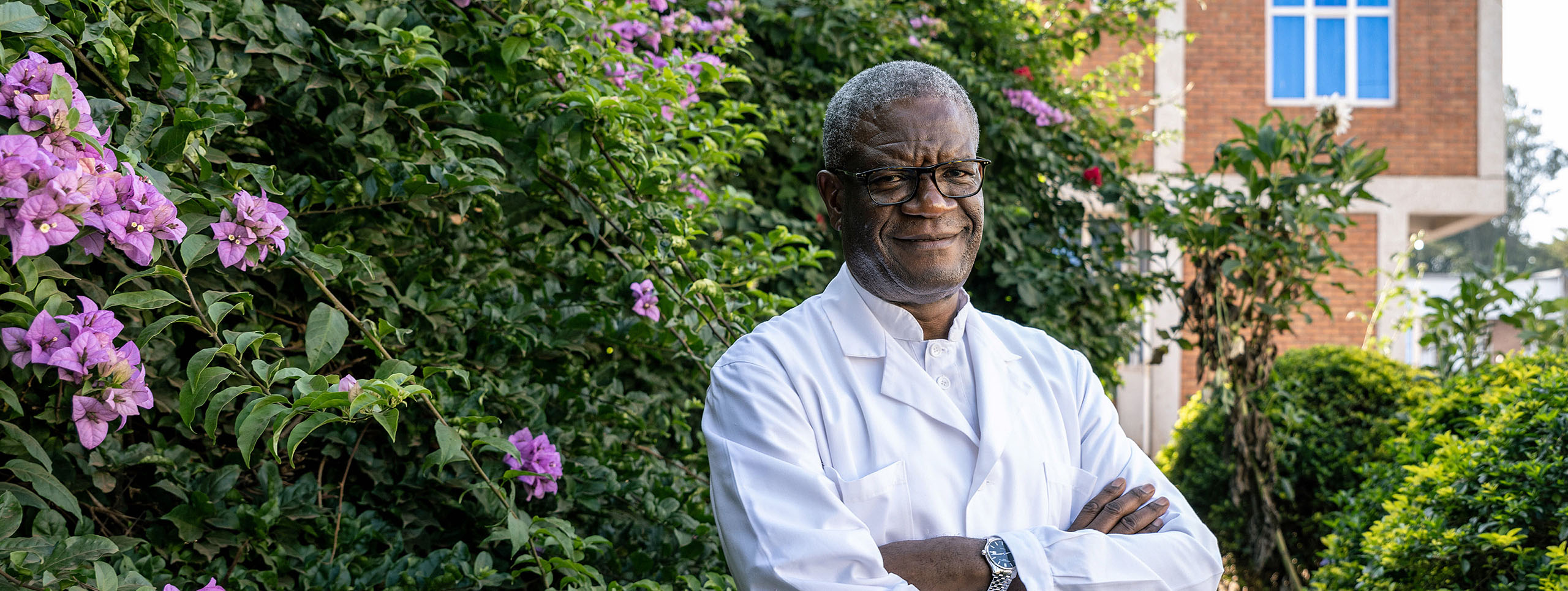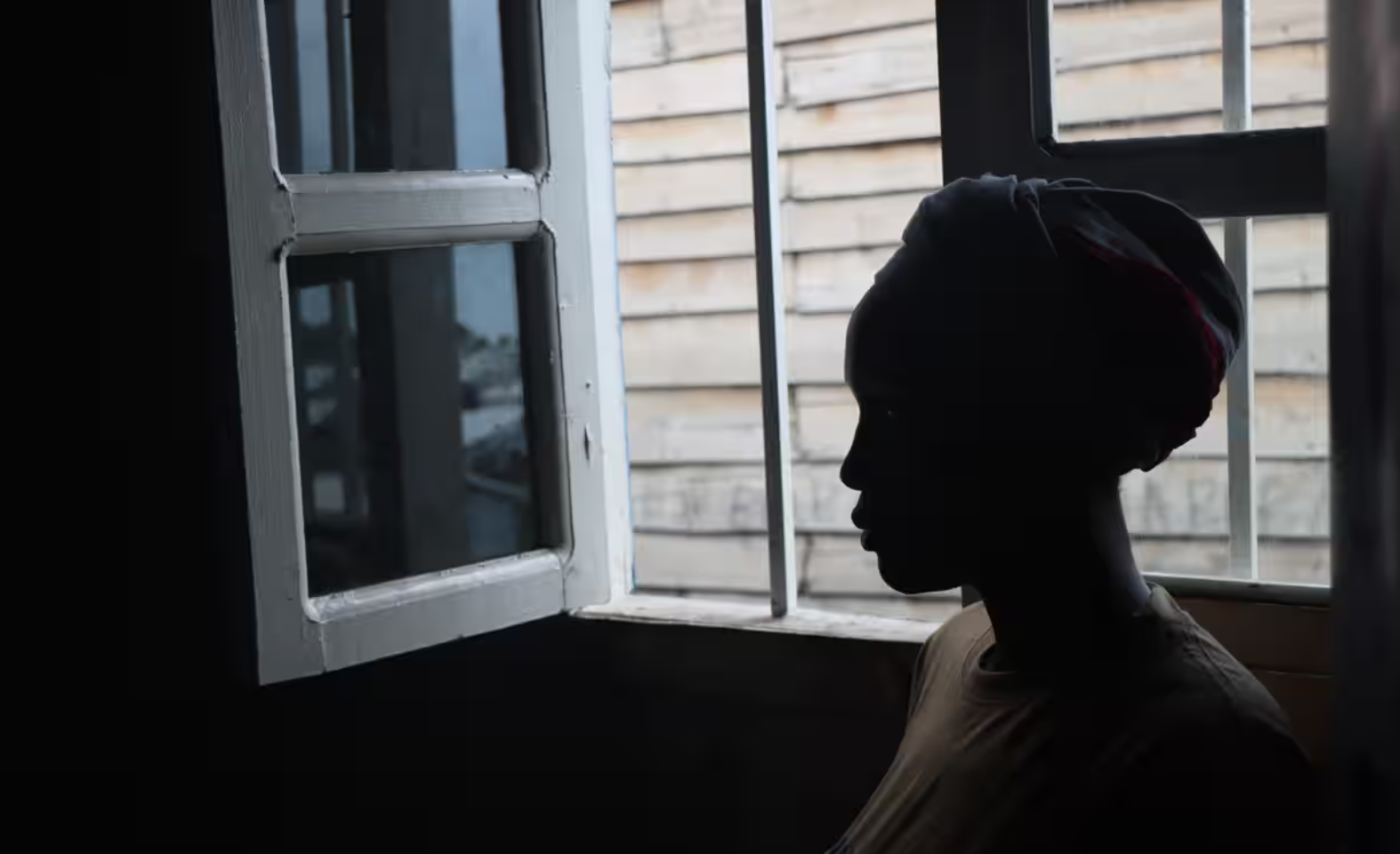December 31, 2024
Over the past three decades, the Congolese people have endured chronic violence and instability that have led to profound tragedy and suffering beyond comprehension.
The Democratic Republic of Congo (DRC) has been subjected to repeated wars of aggression and systematic violations of international humanitarian and human rights law, resulting in the deadliest conflict since the Second World War and one of the most severe humanitarian and displacement crises of modern times, with a quarter of the population facing hunger and over 7 million internally displaced people, the majority of whom are women and children.
The political economy of the war is deeply linked to the illegal exploitation and smuggling of Congolese natural resources by neighboring countries, and criminal gangs destabilizing the country’s eastern and northeastern provinces as “proxies” for certain major powers and various multinationals.
The peace agreements and the various attempts to find political solutions, from Lusaka to Sun City via Goma, have systematically sacrificed justice on the altar of peace. They have prolonged and aggravated instability by integrating elements of Congolese and foreign armed groups into the national security and defense forces. Moreover, these policies have not only allowed the enemies of peace to infiltrate our institutions but have also embedded indiscipline in the army and police, and legitimized armed violence by granting amnesties and even promotions to those who should be answering for their crimes before national and international justice.
Against this backdrop, armed conflict has never ceased, and over 100 national and foreign armed groups continue to operate with impunity, fueling the repetition of mass atrocities, while the DRC authorities have failed to establish state authority in large parts of its territory.
The deteriorating security situation and the worsening humanitarian crisis since 2021 following the resurgence of the M23 armed group supported by Rwanda and Uganda pose an existential threat to the DRC, while large swathes of North Kivu are administered by occupying forces. It also risks provoking a conflagration in the African Great Lakes sub-region. It threatens regional and international peace and security at a time when MONUSCO has begun to withdraw from the country, and despite the deployment of forces from the Southern African Development Community (SADC).
Like all peoples, the Congolese are entitled to peace and justice. Too much Congolese blood has been shed, but the escalation of the conflict and the appalling human rights situation remain largely forgotten, and the resulting humanitarian crisis is characterized by international neglect and underfunding, leading to large-scale human suffering and a disturbing depreciation in the value of human life.
Current diplomatic initiatives aimed at easing tensions and finding a political solution to the conflict (known as the Nairobi and Luanda processes, under the auspices of the East African Community and the African Union respectively) have reached an impasse. The donor community is failing to provide an effective response to the urgent humanitarian needs of the most vulnerable.
The time has come to call for strong political and diplomatic action and multilateral coordination, involving the private sector and civil society, to silence the guns and stop turning a blind eye to the humanitarian disaster unfolding in the eastern DRC.
Thus, we call for the reinvigoration of the Addis Ababa Framework Agreement for Peace, Security and Cooperation, signed in 2013. This agreement, billed as the Agreement of Hope because it was the first to “address the root causes of the conflict and end the recurring cycles of violence” in eastern DRC and the African Great Lakes region, with various states and institutions as co-guarantors, including the African Union, the European Union, Belgium, the United States of America, France and the United Kingdom and the support notably of the United Nations, and the World Bank, as part of the consolidation of a strategy for peace and development.
We also reiterate our call for the organization of an International Summit for Peace in the DRC in 2025. The main objective of the Summit is to place this forgotten conflict and neglected crisis at the top of the international community’s agenda by providing a high-level platform for dialogue and exchange of views with state and non-state actors to achieve a comprehensive, just and lasting peace in the DRC.
Invited state actors will include the Heads of State and Government of the DRC and the member countries of the ICGLR, particularly the signatories of the Addis Ababa Framework Agreement, representatives of the member governments of the International Contact Group for the Great Lakes Region, representatives of the countries of the organizations and institutions that are guarantors of the Framework Agreement (United Nations Special Envoy, African Union, International Conference on the Great Lakes Region and Southern African Development Community), representatives of United Nations programs and agencies, the World Bank and donors. In addition, given the economic dimension of the conflict, private sector players and companies active in the mining sector will also be invited to be part of the solution.
Indeed, given the accelerating and spectacular growth in demand for minerals essential to the energy transition, which will exacerbate geopolitical tensions and put the DRC under increasing pressure to supply its strategic resources in order to curb the climate crisis and advance a global transition to renewable energies, this so-called “green” energy transition offers a unique opportunity to promote peace through the “Business For Peace” approach. This approach changes the current paradigm of a war economy based on the illegal extraction and trade of conflict minerals, transforming them into a tool for co-prosperity, co-development and peace.
We are convinced that, thanks to the “Business for Peace” approach, global high-tech companies, some of which source, directly or indirectly, the minerals that result from the plundering of the DRC’s natural resources, would do well to get involved in promoting sustainable peace-building in the DRC, in order to access these same resources directly, without intermediaries, in a profitable, sustainable, secure and ethical way, without knowingly or unknowingly compromising themselves with the criminal exploitation of “blood minerals”.
By ensuring that their supply value chain is clean, respectful of human rights, these companies can help put an end to the criminal trafficking of the DRC’s natural resources, which fuels endless wars and decimates millions of men, women and children. By promoting a global framework of traceability, transparency and social responsibility, they can help advance justice, equity, local development and sustainable peace.
Finally, the DRC has become an obstacle to development in sub-Saharan Africa. The “Business for Peace” concept will enable the countries of the ICGLR and other African countries to develop trade with the DRC and other African countries through the DRC, which is today an obstacle to trans-African trade due to persistent insecurity in the center of Africa.
The expected outcomes of the Summit are:
1. Express solidarity and support for the Congolese civilian population, and launch an urgent appeal to meet the humanitarian needs of vulnerable groups and displaced persons.
2. Galvanize national and international political will and create momentum to end the violence by laying the foundations for a lasting peace in line with international law, the UN Charter and commitments under the Addis Ababa Framework Agreement.
3. Develop win-win partnerships and empower high-tech, mining and refining companies to promote responsible mining and trade for a just and sustainable energy transition and business practices conducive to peace, social and economic development and the protection of human rights and the environment.
4. Encourage the Congolese government to improve the business climate, promote good governance, and implement institutional and security sector reforms in line with the Addis Ababa framework agreements.
For all these reasons, we join our voice to that of the National Episcopal Conference of Congo (CENCO) and the Presidency of the Church of Christ in Congo (ECC) in appropriating the roadmap of the “Social Pact for Peace and Living Well Together in DR Congo and the Great Lakes”, and invite all Congolese to appropriate, in turn, this initiative, for in this year 2025 of the Jubilee of the Lord Jesus Christ, “Our priority is peace”!
Denis Mukwege,
Prix Nobel de la Paix 2018
